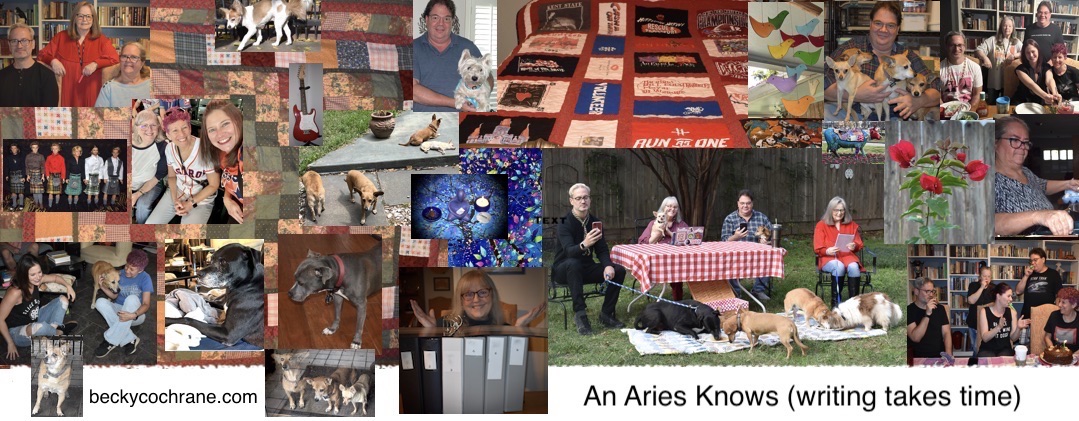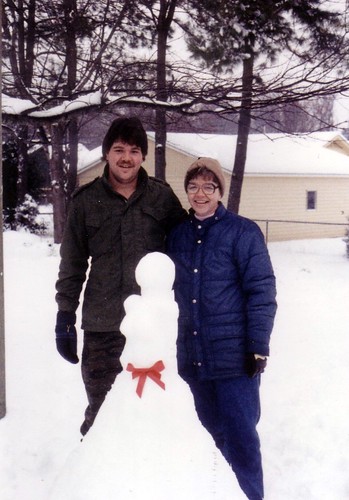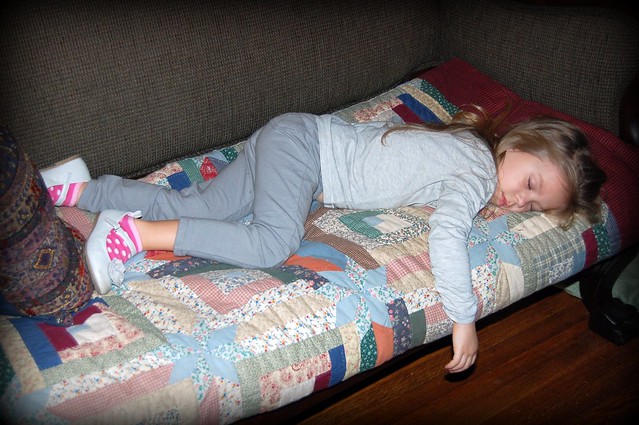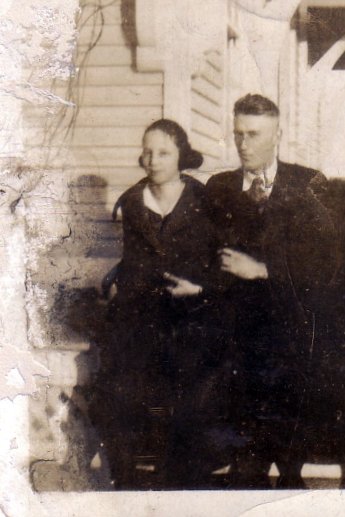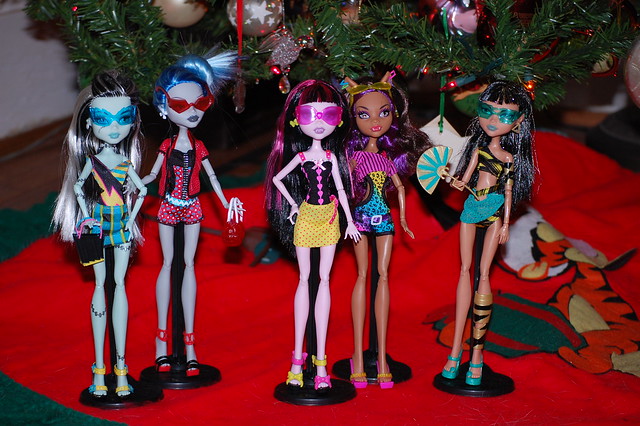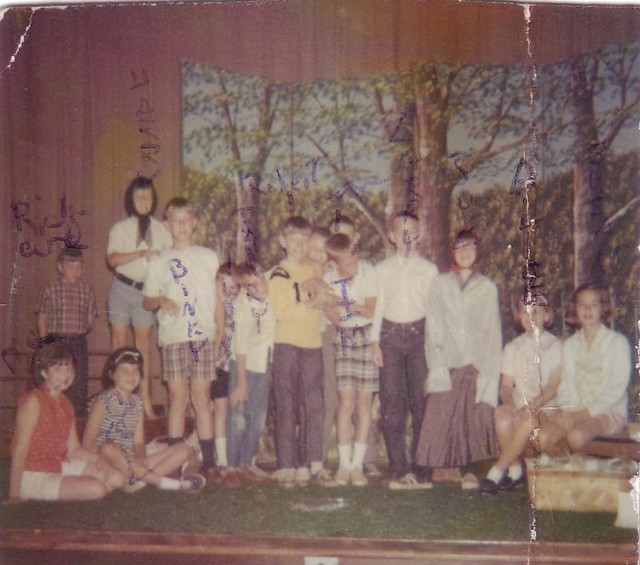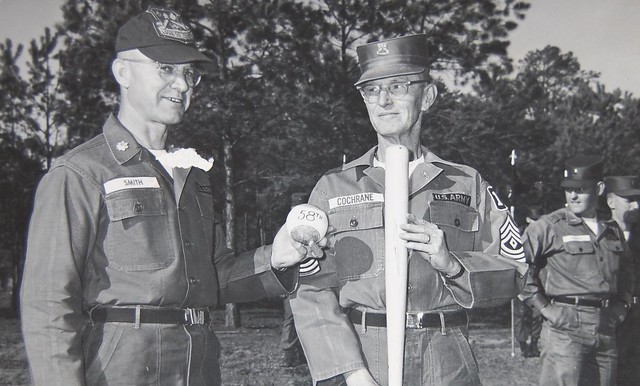
“Knock the L out of Hitler”
There are so many reasons I have strong emotional reactions to this photo.
On the back, my mother has written, “WW2. Bill with his half track in Louisiana on his way to the big war.” I wish all the family photos came with such precise descriptions to help me fix them in time and circumstance. This picture was taken long before she met my father, and one thing she probably liked about it was that he actually looks like a man in his early twenties. In fact, when Tom saw this photo, he said, “He looks so young!” because usually he says, “Your father always looked old, no matter what age he was.” When I think of all the things Daddy saw and lost in that “big war” he was headed for, I understand why he aged. And why his sleep remained troubled the rest of his life. He loved the Army, just as he loved all the careers he had, but it wasn’t love without a price.
In the coming year, I’ll probably share several photos showing signs my father painted. He learned that trade even before he went into the CCC, because there he learned the skills that would later be part of his time in the Army’s Signal Corps. But when he left the CCC, he bought an A Model Ford off a friend and refashioned it to become his mobile sign painting shop.
The year was 1938 and I felt completely free and footloose. The depression was beginning to grind down to an end, and although there was rumbling in the Far East and in Germany that hinted of a possible war to come one day, I refused to be concerned.
One of his stories, about which he says “a small part…is true but most…is fiction,” allows me to see his world through eyes that have not yet looked on war.
So here he is, young, and with the brash personality troops would need to do the job that would land them in Normandy and send them throughout Europe. He has put his sign-painting skills to use, adorning the half-track with his promise to Hitler. So many vintage war photos show shapely women painted on the machines of war, much the way pin-up photos of beauties like Betty Grable, Rita Hayworth, and Jean Harlow were pasted inside footlockers and lockers to boost morale and symbolize the life troops were fighting to return to.
I could write reams on the way the framing of one war as heroic and the viewing of another war as horrific created the conflicted baby boom generation that I was born into. I don’t know if all the men and women who go into war have the young eyes and bold heart of this one, but I do believe when they come home, they should have all the opportunities, respect, and assistance they need to find their place in the world again. Some are stronger for the testing; some are broken. They’re all our fathers, mothers, brothers, sisters, sons, and daughters.
